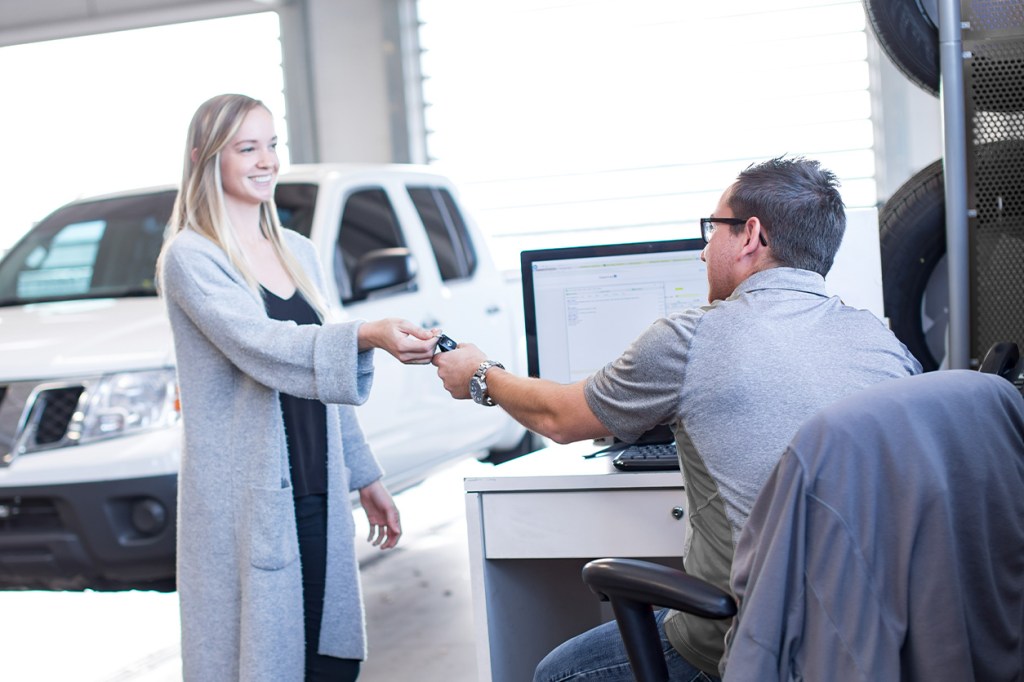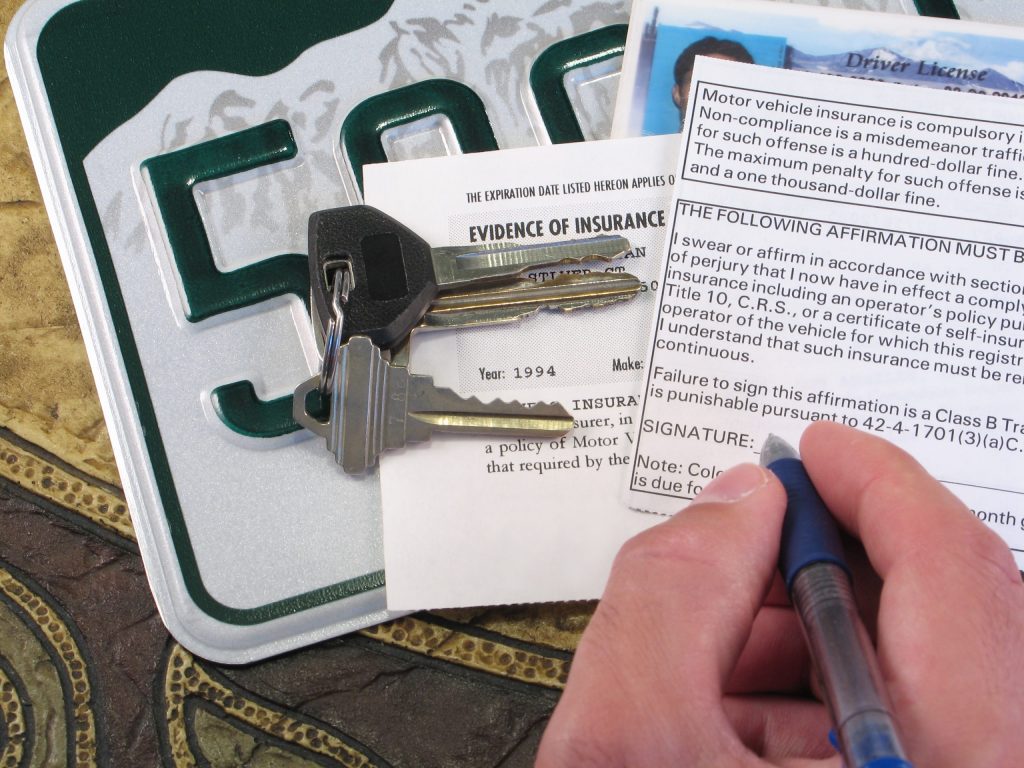One of the most important things a dealership can do to earn loyalty and repeat business is to respect car buyers’ time during the purchase process. Anything you do to reduce wait times, keep data moving without re-keying, and speed steps of the purchase process help to demonstrate that you appreciate and value your customers. Fortunately, some solutions make it much easier to provide the kind of experience that fosters customer satisfaction.
Get a head start on the car-buying process
You can begin to build convenience into the purchase process early on by providing tools on your website such as monthly payment calculators, credit applications, and interest rate comparison tools. These allow customers to feel more informed and better prepared to move forward with their deal, often before they’ve even asked a question.
The most recent Cox Automotive Car Buyer Journey study found that with each step of the finance process completed online, customer satisfaction increases and time spent at the dealership decreases, so anything that can happen in advance helps improve the car buyer’s experience.
You can also use your website to provide educational information about your deal process to set expectations about the steps to follow.
Keep the data digital
Once a car buyer has submitted information online, make sure you have the integrations to ensure that the confirmed data follows them through each step of the deal. Being able to pre-fill numerous fields saves a considerable amount of time as you build out the customer’s digital deal jacket and create an eContracting package for them to sign electronically.
Remaining digital throughout the deal speeds the process and lets you stay focused on getting to know the customer. Any car buyer would rather use their time at the dealership to learn more about their vehicle instead of getting a hand cramp signing stacks of paper documents.
Think about lifetime value
Creating a positive customer experience is not just about getting good CSI scores, reviews, and referrals—it’s also about the repeat business each customer can represent. 81 percent of customers say a positive customer service experience increases the chances of them making another purchase.
It will probably be a while before any given customer’s next vehicle purchase, but they will need routine maintenance and repairs averaging around $600 per year that your service department can provide. To help ensure that your dealership gets that business, be sure to incorporate a handoff from sales to the service department as each deal concludes.
With the right handoff and an ongoing service relationship, your dealership can become the preferred source for the next vehicle sale for that customer and their friends and family.
Learn More
Download the free eBook “Drive Success with Key Operational Shifts” to find out more ways to use technology to help you build lifetime customer loyalty.
Sources:
“CX Trends 2022.” Zendesk. www.zendesk.com/customer-experience-trends-2022.
“How to Plan for Maintenance and Repair Costs for Your Car.” AAA. www.aaa.com/autorepair/articles/how-to-plan-formaintenance-and-repair-costs-for-your-car.









